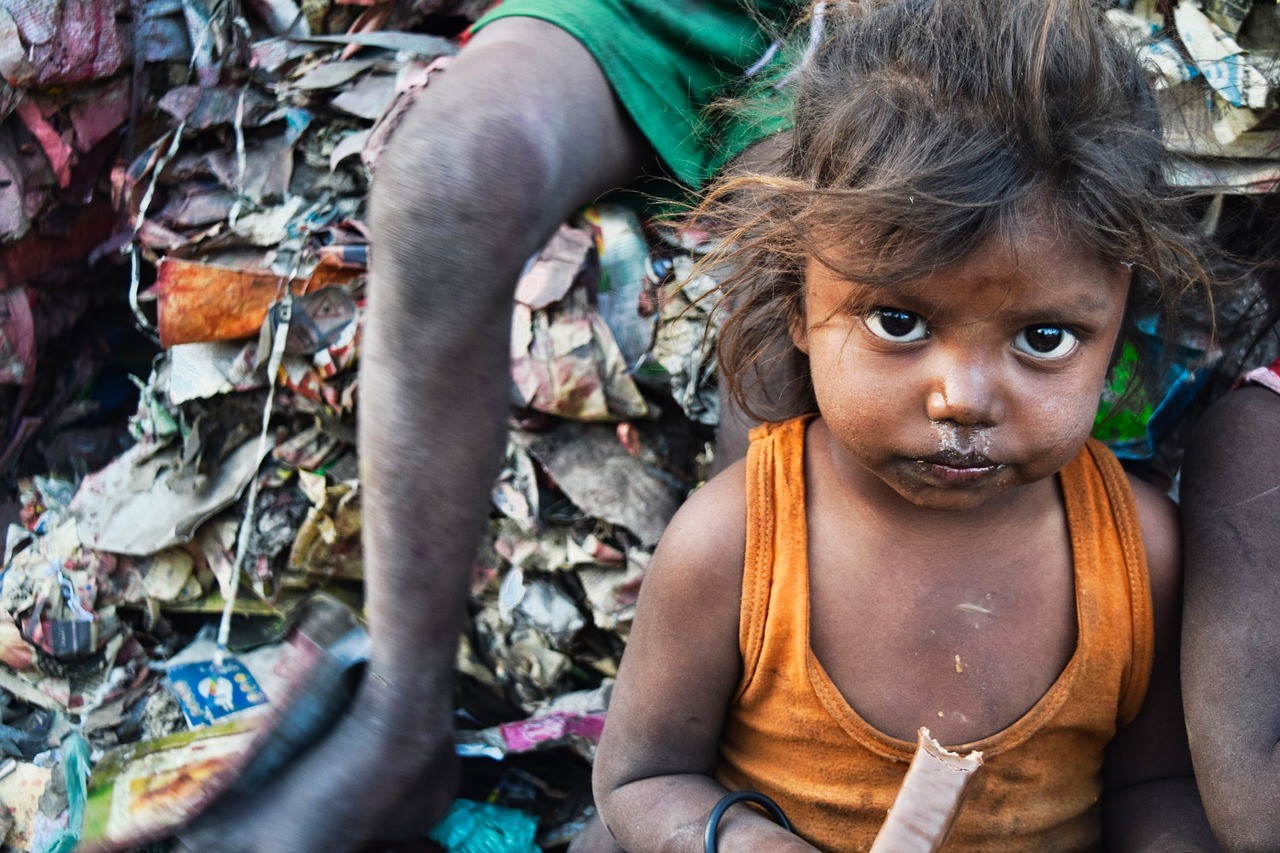HULENE, MAPUTO, Mozambique – At least 17 people died, and numerous others are missing following the collapse of garbage landfill in Mozambique.
Many of the dead had been residing in a slum village at the lower perimeter of the garbage pile that is three-stories tall.
Early reports include accounts of failed attempts to close the dump because of its inherent potential for disaster for the slum residents. Others blame the residents for choosing to live near the garbage.
The tragedy, coming of the eve of the World Day of Social Justice, underscores the issues faced by those who live in abject poverty in countries in and near the 10/40 window that crosses Africa and South Asia. Many of these people live adjacent to or on garbage heaps.
The meager streets of many of these slums are often littered with trash. Children play in the trash alongside rates and other vermin. Slum residents, including children, often sift through their “gardens of garbage” hoping to find items of use, including food and materials that can be used to keep them warm or sheltered from the cold.
While this incident is tragic on a local level, the living conditions are endemic in developing countries. While details are still scarce, it is likely that some families or remnants of families will now find themselves in an even graver predicament than before the collapse robbed them of their loved ones.
A recent study found that “indiscriminate dumping is the main waste disposal method used in African countries, followed by landfill, other methods, open burning, and recycling, respectively. The most commonly used methods of waste disposal pose environmental and health risks, as they can be traced to the human body through the terrestrial food chain, drinking water, biological vectors and air.”
It also reported that “about 58% of waste in developing countries is indiscriminately dumped. Thus, indiscriminate dumping is used in developing countries as a primary or main waste disposal method (and) . . . that about 52% of solid waste indiscriminately dumped in developing countries comprises organic waste.”
Perhaps this incident will help to raise global awareness of this problem on the World Day of Social Justice.
Sources:
- ABC Australia, Garbage mound collapse at dump in Mozambique kills at least 17 people
- Fox News, 17 killed in Mozambique garbage dump collapse
- The African Journal of Science, Technology, Innovation, and Development, A review of factors associated with indiscriminate dumping of waste in eleven African countries
For more information about this, click here.
